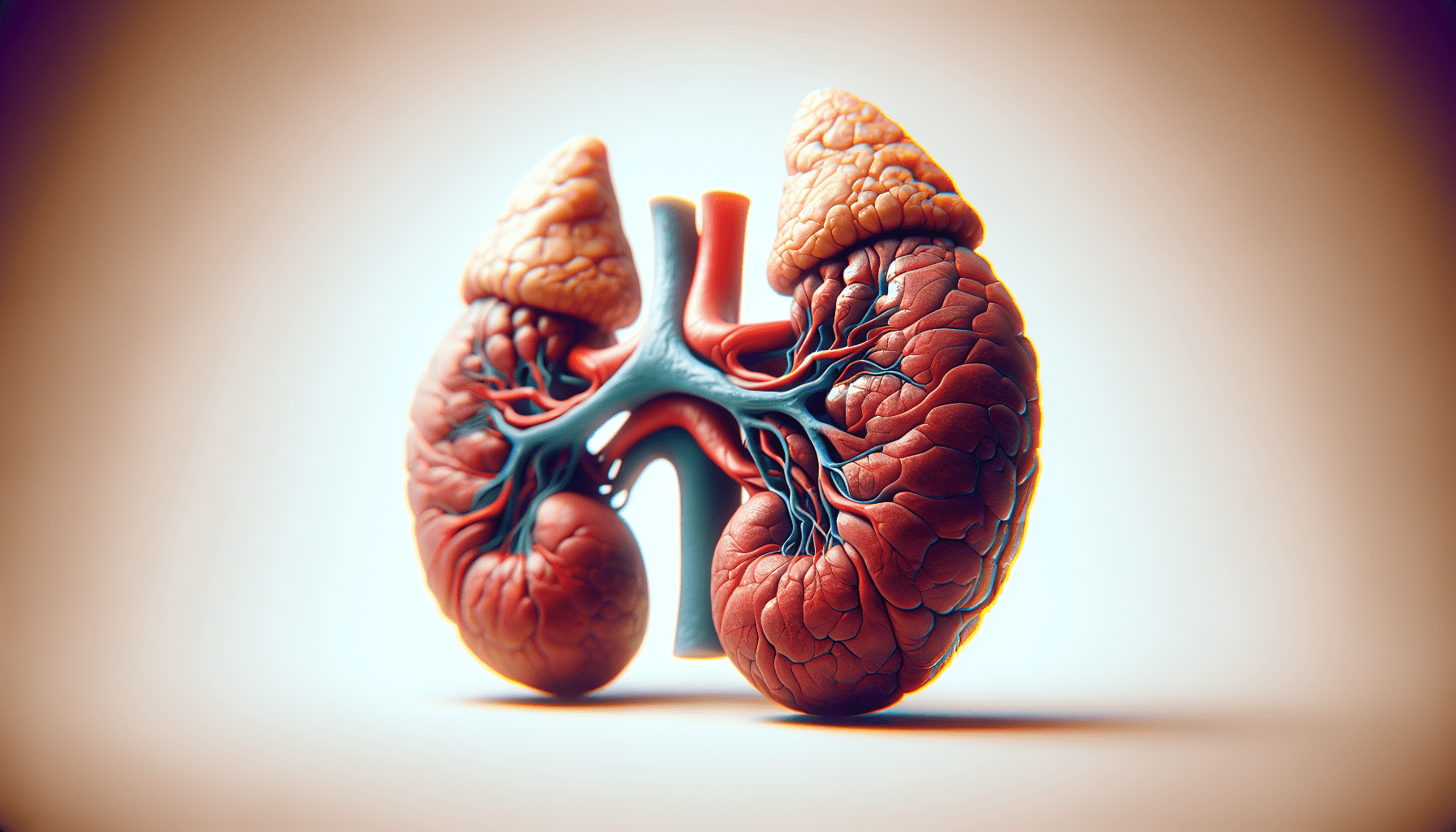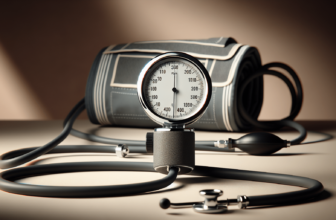Have you ever wondered how pregnancy might influence your blood pressure? This is a question that many expectant mothers ponder as they go through the exciting, yet sometimes overwhelming, journey of pregnancy. Understanding how your body changes during this time is crucial for both your health and your baby’s well-being. Let’s break it down step by step.
Understanding Blood Pressure During Pregnancy
Blood pressure is the force of blood against the walls of your arteries, and it can fluctuate for various reasons. During pregnancy, your body undergoes significant changes, and one of the most important changes is how your cardiovascular system adapts to support the growing life inside you.
Normal Blood Pressure Ranges
Before we delve into the effects of pregnancy on blood pressure, it’s helpful to know what is considered “normal” blood pressure. A typical reading is around 120/80 mm Hg. However, it may vary slightly depending on several factors like age, weight, and overall health.
Table: Blood Pressure Categories
| Category | Systolic (mm Hg) | Diastolic (mm Hg) |
|---|---|---|
| Normal | Less than 120 | Less than 80 |
| Elevated | 120-129 | Less than 80 |
| Hypertension Stage 1 | 130-139 | 80-89 |
| Hypertension Stage 2 | 140 or higher | 90 or higher |
| Hypertensive Crisis | Higher than 180 | Higher than 120 |
Changes in Blood Volume
One of the first things that happen in early pregnancy is an increase in blood volume. Your body produces about 40-50% more blood to provide nutrients to the placenta and your baby. This increase can lead to a temporary lowering of blood pressure during the first trimester.
Hormonal Influence
Hormones such as progesterone play a role in relaxing the blood vessels. This dilation helps accommodate the increased blood flow but can also cause a drop in blood pressure, especially in the first trimester. This might lead some women to feel dizzy or lightheaded.
The First Trimester: A Lower Blood Pressure Phase
During the first trimester, many women experience lower-than-normal blood pressure levels. This can be quite common and is usually not a cause for concern.
Symptoms of Low Blood Pressure
If your blood pressure drops too low, you might experience symptoms such as:
- Dizziness
- Nausea
- Fatigue
- Fainting
If you experience these symptoms, it’s essential to talk to your healthcare provider to ensure everything is okay. Staying hydrated and eating small, balanced meals can help increase blood pressure back to normal levels.
The Second Trimester: Blood Pressure Stabilization
As you move into your second trimester, your body becomes more accustomed to the changes. Blood pressure usually starts to stabilize and may return to more typical levels, which many women find reassuring.
Monitoring Blood Pressure
During this time, regular monitoring becomes even more crucial. Your healthcare provider will likely check your blood pressure at every appointment to watch for any changes. It’s essential to communicate any concerns you may have regarding your readings.
Lifestyle Considerations
Maintaining a healthy lifestyle during the second trimester can contribute to stable blood pressure levels. Consider:
- Eating a well-balanced diet rich in fruits, vegetables, lean proteins, and whole grains.
- Staying active with approved exercises, such as walking or swimming.
- Reducing stress through relaxation techniques such as yoga and meditation.
The Third Trimester: Increased Risks
As you approach the end of your pregnancy, your body will continue to experience changes, and it’s vital to be aware of potential risks that can affect blood pressure.
Gestational Hypertension
One of the most critical issues that can arise during the third trimester is gestational hypertension. This condition is characterized by elevated blood pressure that develops after 20 weeks of pregnancy. Though it can be managed, it’s essential to monitor it closely since it can lead to serious complications if left untreated.
Preeclampsia
Preeclampsia is a severe condition that can develop in some women during the second or third trimester. It is characterized by high blood pressure and the presence of protein in the urine. Without proper medical attention, preeclampsia can lead to life-threatening complications for both you and your baby.
Symptoms of Preeclampsia
Be vigilant for symptoms that may indicate preeclampsia:
- Severe headaches
- Vision changes, such as blurred vision or seeing spots
- Swelling in the hands and feet
- Sudden weight gain
If you experience any of these symptoms, contact your healthcare provider immediately.
Managing Blood Pressure During Pregnancy
The good news is that there are many ways to manage and maintain healthy blood pressure levels throughout your pregnancy.
Regular Check-ups
The most crucial step is attending regular prenatal check-ups. Your healthcare provider will monitor your blood pressure levels and recommend any necessary lifestyle adjustments or treatments.
Healthy Diet
What you eat plays a significant role in your blood pressure. Focus on a diet that is low in sodium and rich in essential nutrients. Include foods such as:
- Leafy greens
- Berries
- Bananas
- Salmon and other fatty fish
- Nuts and seeds
Hydration
Staying adequately hydrated can help maintain healthy blood pressure levels. Aim to drink plenty of water throughout the day, and if you’re unsure how much is right for you, ask your healthcare provider.
Physical Activity
Engaging in regular, moderate exercise can boost blood circulation and help manage weight gain. Before starting or continuing any exercise plan, always consult with your healthcare provider to ensure it is safe for you.
Stress Management
High stress can lead to increased blood pressure. Finding ways to relax and reduce stress is vital. Techniques such as prenatal yoga, meditation, and deep breathing exercises can be beneficial.
Postpartum Considerations
After giving birth, your blood pressure may continue to fluctuate as your body adjusts back to its non-pregnant state. It’s important to monitor your blood pressure during the postpartum period.
Checking Blood Pressure
Ensure that your healthcare provider continues to check your blood pressure in the weeks and months following delivery. It’s common for blood pressure to return to pre-pregnancy levels, but some women may experience continued issues that require attention.
Risk Factors for Future Hypertension
If you have experienced high blood pressure during pregnancy, you may have an increased risk for developing chronic hypertension later in life. Maintain a focus on a healthy lifestyle to mitigate that risk and discuss any concerns with your healthcare provider.
Conclusion
Understanding how pregnancy affects blood pressure is crucial for your health and your baby’s health. While you may experience fluctuations in your blood pressure during this time, staying aware of the changes and maintaining healthy habits can contribute significantly to a smooth pregnancy.
Always keep an open line of communication with your healthcare provider, and don’t hesitate to reach out with any questions or concerns. Remember, you are not alone on this journey. Taking proactive steps can empower you to manage your blood pressure effectively throughout your pregnancy and beyond.







